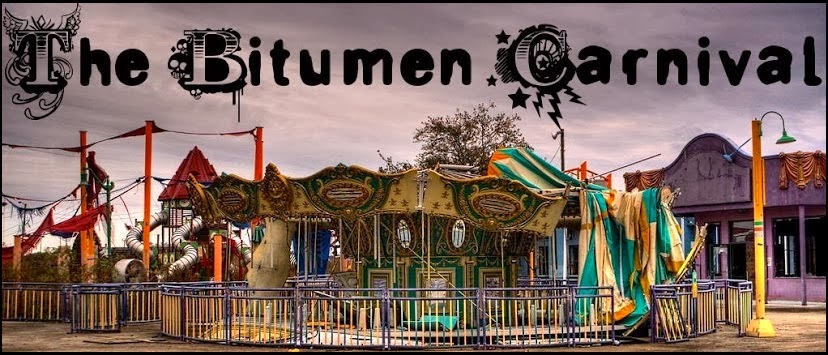
Studio lamp flaring fires sharp into Brown eyes
Paper stat wisdom hauled heavy from case
A scan on the plinth and its showtime for sad eyes
Heavy cheek muscles tug smiles from his face
Footfall from stage left, more men with bright eyes
Assemble, smile gleaming and nod to the crowd
Spotless in couture, ties glare at Brown eyes
Familiar rhetoric route heavily ploughed
Make-up proof skin grey, hardened from house I's
Wraps like a shroud round political hope
In the distance, soft memory of tiny frail Brown eyes
No longer with him but on he shall cope
Seconds as minutes and minutes as hours. Lies
Ring through the air and sweep up through the lens
Highlands so far off, as far as this top prize
Perhaps soon he'll be back ‘midst the heather and fens
- PED
Paper stat wisdom hauled heavy from case
A scan on the plinth and its showtime for sad eyes
Heavy cheek muscles tug smiles from his face
Footfall from stage left, more men with bright eyes
Assemble, smile gleaming and nod to the crowd
Spotless in couture, ties glare at Brown eyes
Familiar rhetoric route heavily ploughed
Make-up proof skin grey, hardened from house I's
Wraps like a shroud round political hope
In the distance, soft memory of tiny frail Brown eyes
No longer with him but on he shall cope
Seconds as minutes and minutes as hours. Lies
Ring through the air and sweep up through the lens
Highlands so far off, as far as this top prize
Perhaps soon he'll be back ‘midst the heather and fens
- PED

